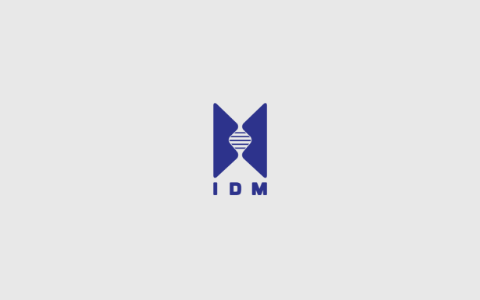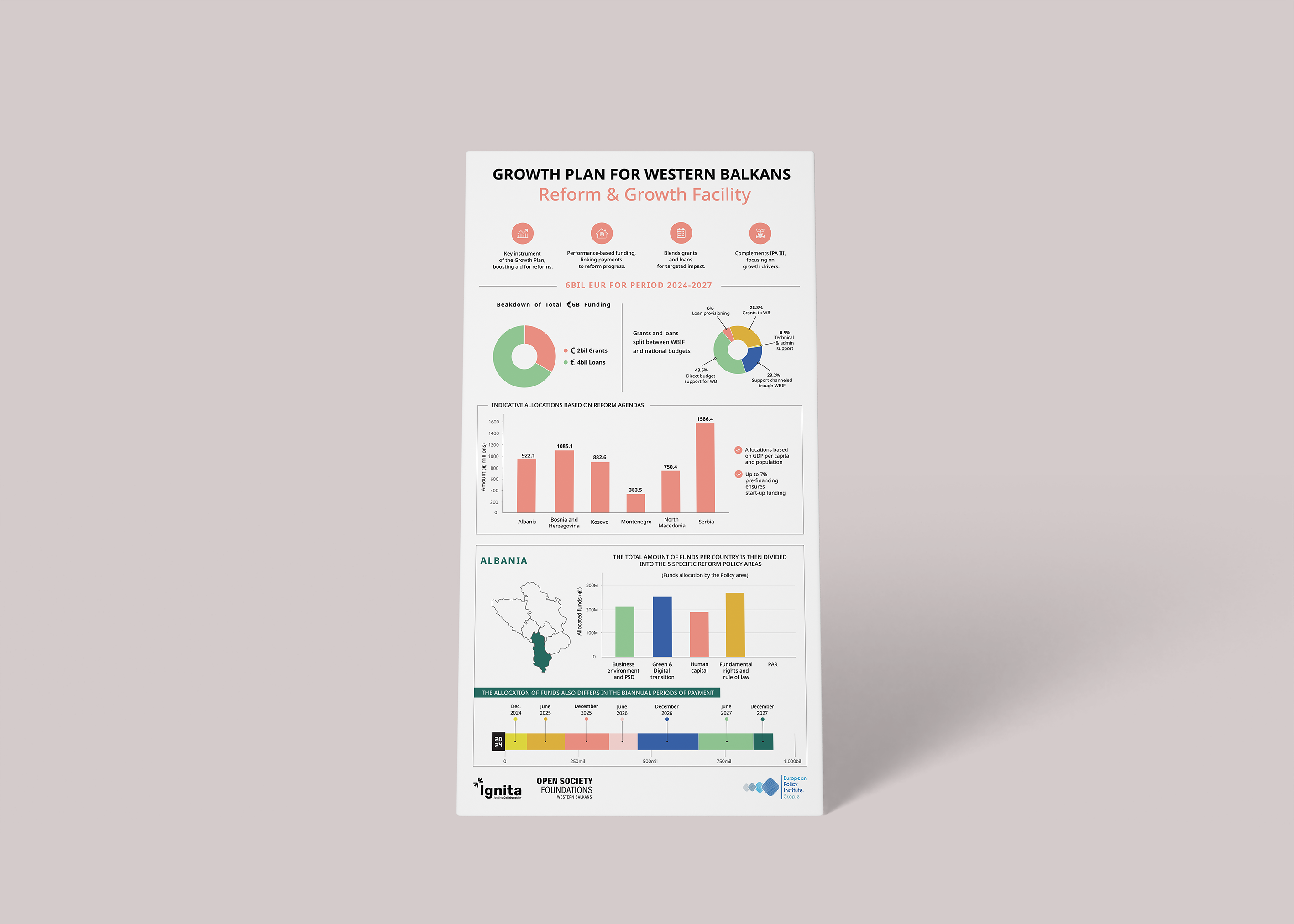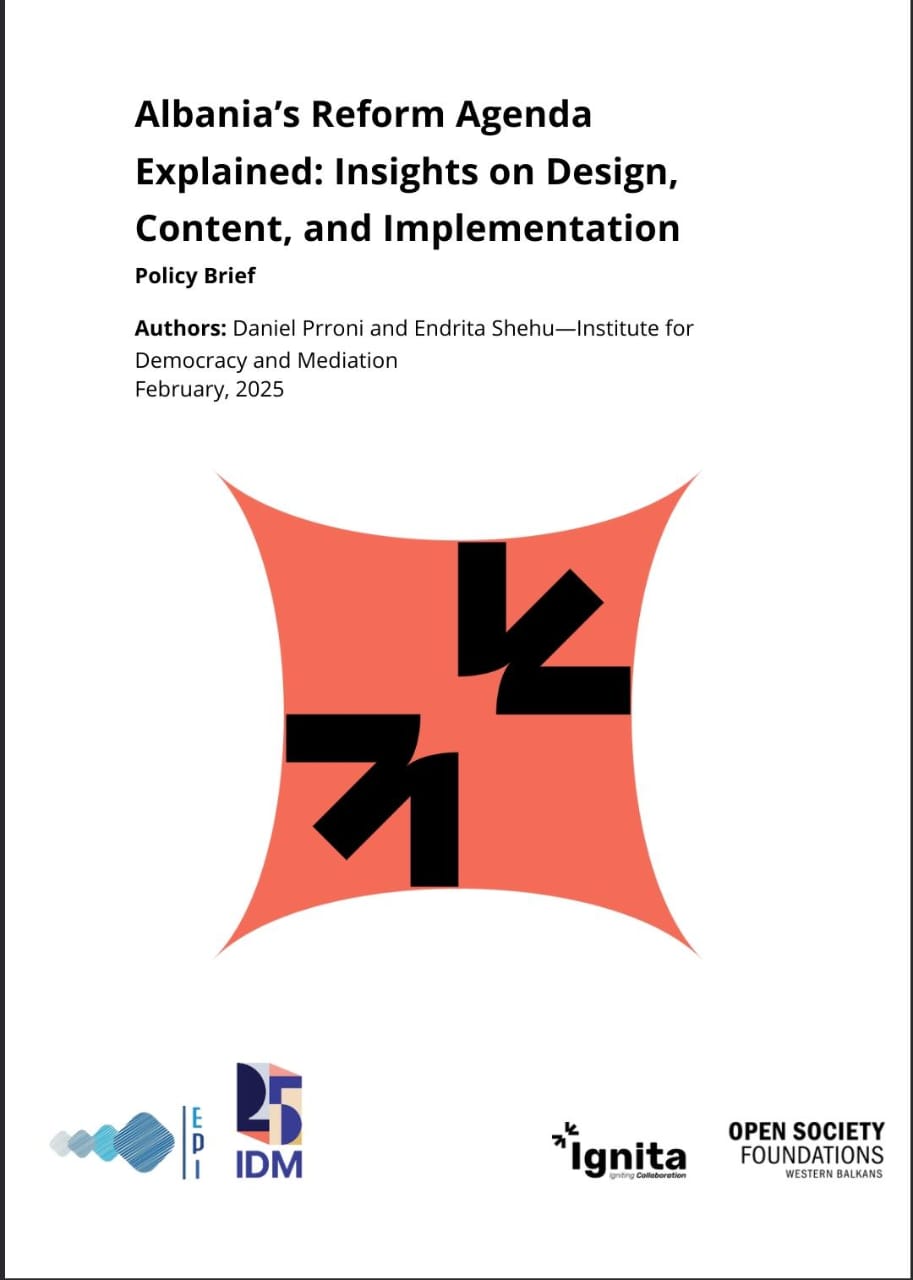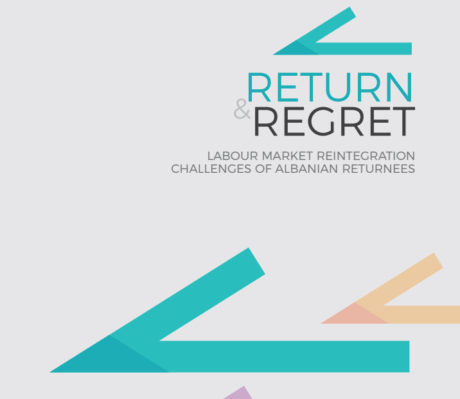Over the last few years, the global economic crisis triggered an unexpected increase in the number of migrants returning to Albania. Regardless of the returnees’ typology, the upward trend in return migration highlights the need for measures that could tackle reintegration challenges upon return in their country of origin.
In practice, reintegration support consists mainly of project-based programmes which are limited and not sustainable over time.
The primary goal of this study is to analyse returnees’ patterns and mechanisms of reintegration in the Albanian labour market. The study provides some evidence-based recommendations for policy stakeholders to design targeted reintegration programmes and policies for returnees aiming to promote the investment of financial capital, know-how, and know-who earned abroad.
Main findings indicate:
Returnees found it difficult to receive information, orientation, and guidance about possible sectors they could invest their savings. The prevailing services and information available to returnees lag far behind the desired standard.
The findings show that returnees perceived the business environment in Albania as being unfavourable for the successful development of their business.
The country’s infrastructure gaps, feeble public investment, non-transparent business procedures regarding investments and soft loans as well as bureaucracy and widespread informality seem to hamper foreign entrepreneurial investment from returnees.
This policy paper is produced by the IDM in the framework of the project: “The Albanian Policy Platform: Moving forward on the EU integration agenda” supported by Hanns Seidel Foundation.





